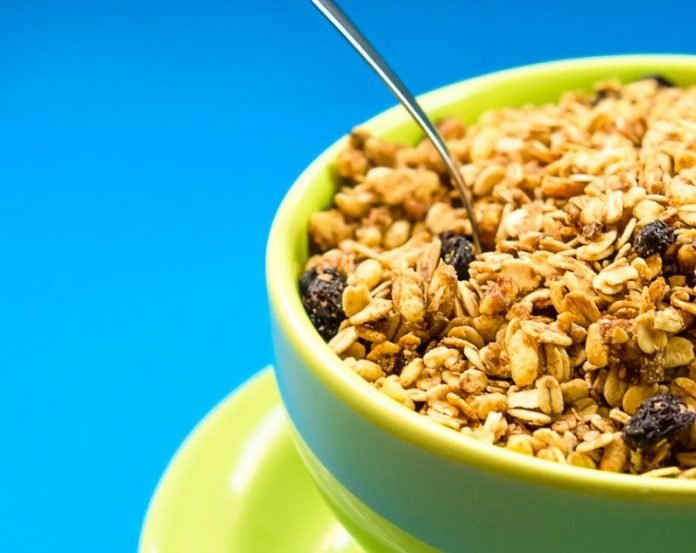
Research has shown that what you eat greatly affects your blood cholesterol levels.
That is why a key step in high cholesterol treatment is to adopt a heart-healthy eating plan.
According to scientists from the NIH, a heart-healthy diet is low in saturated fat, trans fat, and dietary cholesterol.
They suggest that in such a diet, less than 7% of your daily calories from saturated fat and you need to have less than 200 mg a day of cholesterol.
You also need to make sugar only 25–35% of daily calories from total fat (includes saturated fat calories).
To lower your LDL (the “bad” cholesterol), you can consume 2 grams of plant stanols or sterols and 10–25 grams of soluble fiber every day.
Soluble fiber is fiber comes from plants. Although your body can’t really digest it or absorb it into your bloodstream, it is vital for your good health.
Research has shown that foods high in fiber can help reduce your risk of heart disease. They are also food for your digestive tract and for overall health.
Foods rich in fiber can help you feel full on fewer calories, which may help you lose weight.
Plant stanols and sterols occur naturally in small amounts in many plants. As with soluble fiber, they help block the absorption of cholesterol from the digestive tract, which helps to lower LDL.
Research has shown that a daily intake of about 2 grams of either stanols or sterols reduces LDL cholesterol by about 5–15%—often within weeks.
When you have a heart-healthy diet, it is important that you only have enough calories to reach or maintain a healthy weight, and don’t forget you should get at least 30 minutes of moderate-intensity physical activity.
Copyright © 2019 Knowridge Science Report. All rights reserved.



